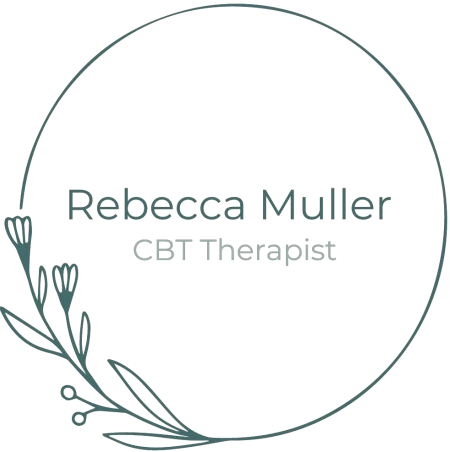Starting trauma therapy can feel daunting. You might be wondering what actually happens in those first sessions and how your therapist will understand your unique experience. As a trauma therapist based in North Berwick, I want to demystify an essential part of effective trauma treatment: formulation.
What Is Formulation?
Think of formulation as creating a map of your unique experience. It's how we make sense of what's happened to you, how it's affecting you now, and what needs to change. Unlike a diagnosis, which simply labels symptoms, a formulation tells your individual story and guides our work together.
The best thing about formulation is that it's collaborative. We create it together, and it evolves as we learn more throughout therapy. You're not a passive recipient of treatment but an active partner in understanding your own experience.
The Assessment Process
In our initial sessions, I'll want to hear your story. This includes what's troubling you now, the traumatic event or events you've experienced, and what life was like before the trauma. We'll also explore your strengths and the resources you have available to you.
There's no rush in this process. We go at your pace, and you're always in control of what you share and when. Creating a safe space for this exploration is essential.
Identifying Patterns and Triggers
As we talk, we'll start noticing patterns. What situations trigger difficult feelings? What coping strategies have you developed, even if they're not always helpful? How does your body respond to reminders of the trauma?
Understanding these patterns helps us see how the traumatic experience connects to your current difficulties. Often, what might seem like confusing or overwhelming symptoms start to make perfect sense when we understand them as normal responses to abnormal events.
Making the Connections
Together, we'll explore how traumatic memories affect your present-day life. We'll look at beliefs that formed during or after the trauma and how they're impacting your relationships, work, and daily activities. This shared understanding becomes the foundation for effective treatment.
Remember, formulation isn't about blaming or judging. It's about understanding and validating your experience whilst identifying what needs to change. If you're considering trauma therapy and want to understand how we'd work together to make sense of your experience, please get in touch. Creating a clear formulation is the first step towards meaningful healing.
